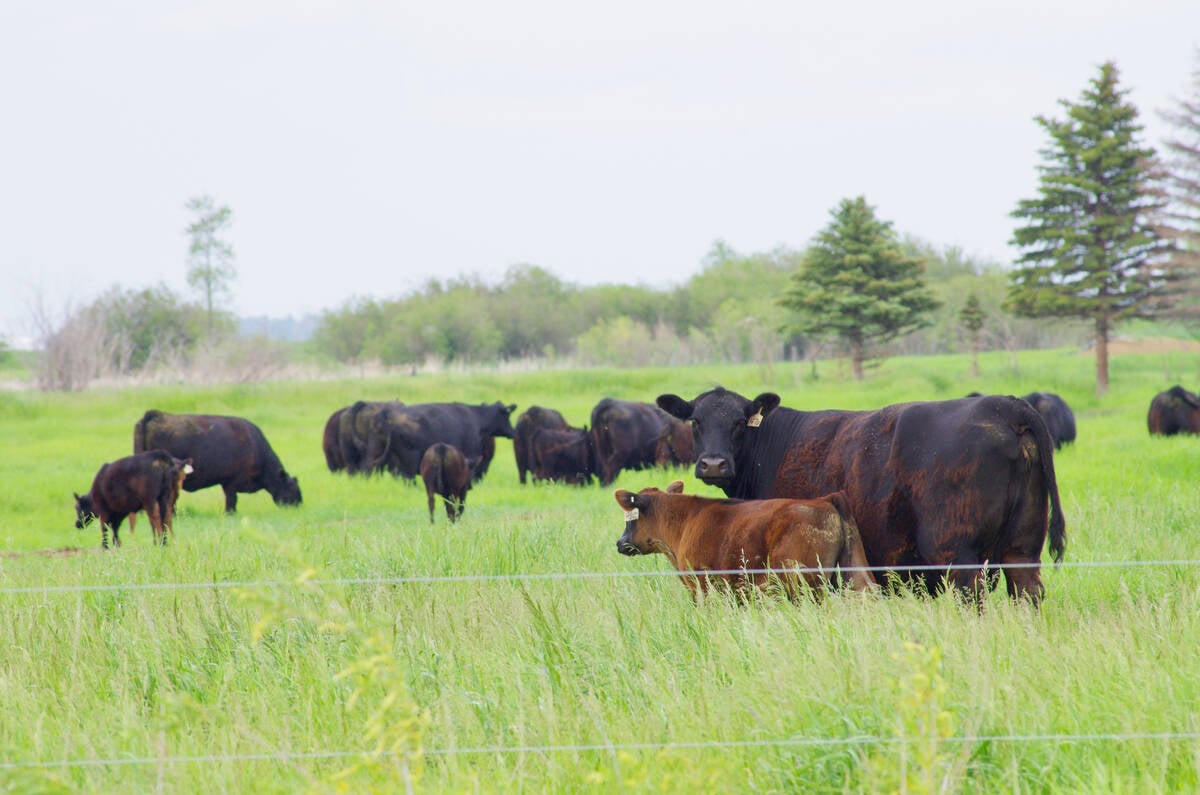CALGARY – An agricultural economist says Canadian farmers received less money for their grain than producers in the United States and European Union not because of less marketing savvy, but because Americans and Europeans receive higher export subsidies.
Andy Schmitz, of the University of Florida, was one of several economists testifying at the legal challenge to the Canadian Wheat Board’s right to act as a single buying agency for western farmers.
So far, the Federal Court trial in Calgary has heard arguments dealing with economic advantages or disadvantages experienced by farmers rather than a constitutional debate about whether farmers have the right to chose how to market their wheat and barley. The wheat board has a sales monopoly over most western Canadian wheat sales and international barley sales.
Read Also

Tick research from the University of Manitoba focuses on insects and testing
Manitoba researchers are looking into the effects of tick and fly disease in cattle.
The case is expected to conclude this week. Schmitz, who also has a farm at Rosthern, Sask., said a large advantage of a board is its ability to handle marketing worries for farmers who don’t want to set up commodity information systems to do their own sales.
He and National Farmers Union president Nettie Wiebe testified the board creates equity among farmers by giving large and small operators equal access to the board’s marketing services.
Later farmers receive the same money for their product rather than struggle on an open market with its high and low prices.
Throughout his testimony, Schmitz cited examples of government interference in agricultural policy. Often those decisions had nothing to do with sound economic principles, he said.
Continental barley market
In the summer of 1993 western farmers were allowed to sell their feed barley in a continental market with most of it ending up in the Pacific Northwest region where there was a feed grain deficit.
In Schmitz’s opinion the federal agriculture minister at the time, Charlie Mayer, gave into political pressure to open the borders through an order in council.
The order was overturned in court and the open market lasted only 40 days.
Earlier at the trial, economist Colin Carter of Davis University in California told the court that open marketing options for farmers work.
He cited examples of farmers’ rice co-operatives in California using voluntary price pooling.
“There are a number of small, voluntary co-ops that are doing very well,” he said. These co-ops negotiate such things as handling and terminal fees to give them a larger return to their price pool.
On the other hand, Canadians pay too much for handling, cleaning grains and storage even when they don’t use the service, said Carter.

















